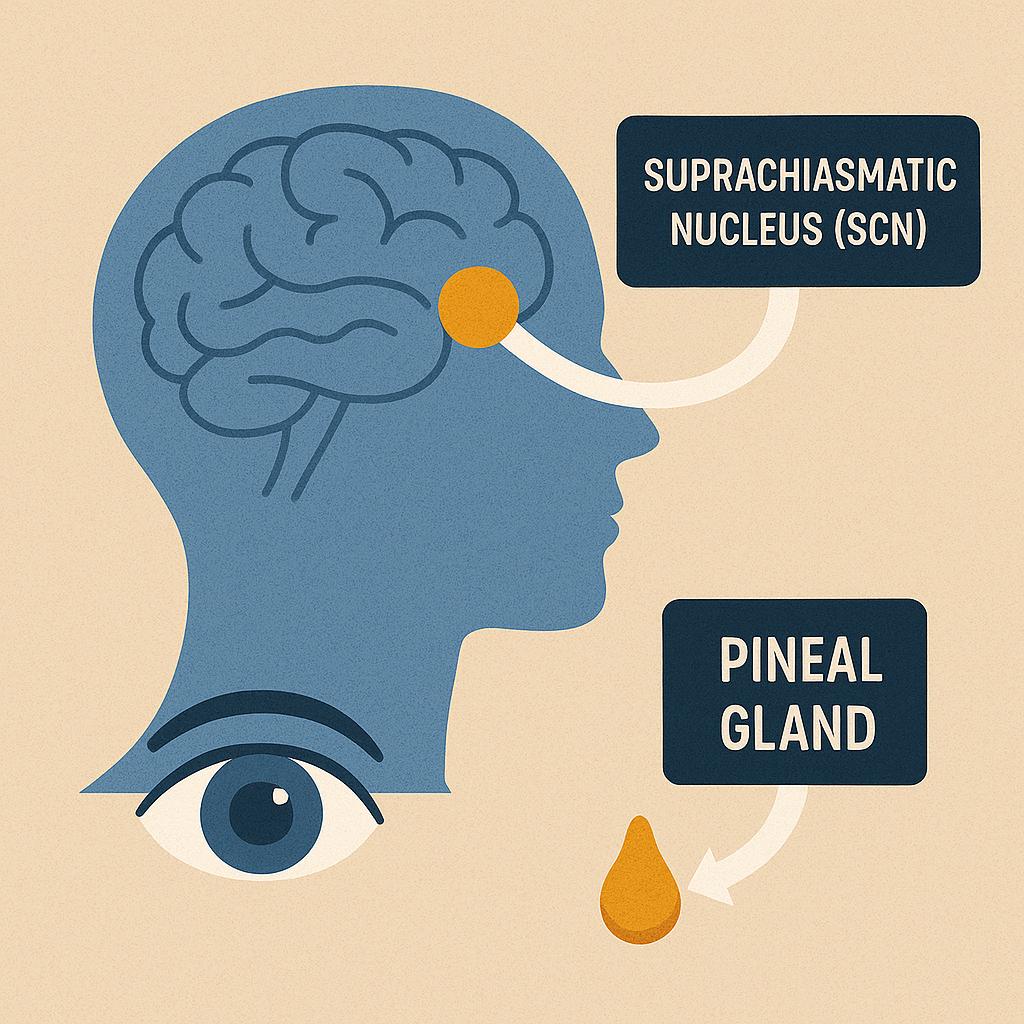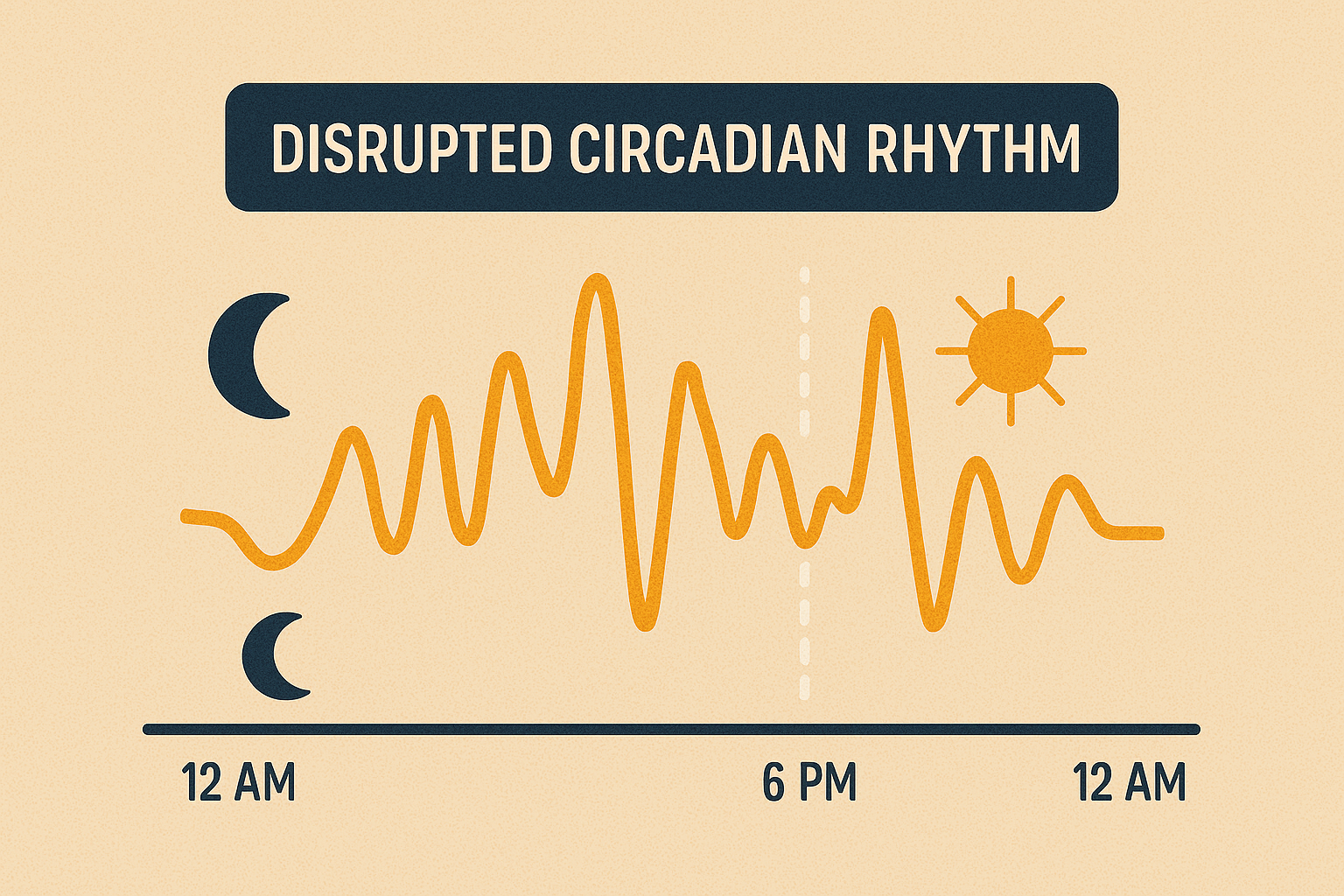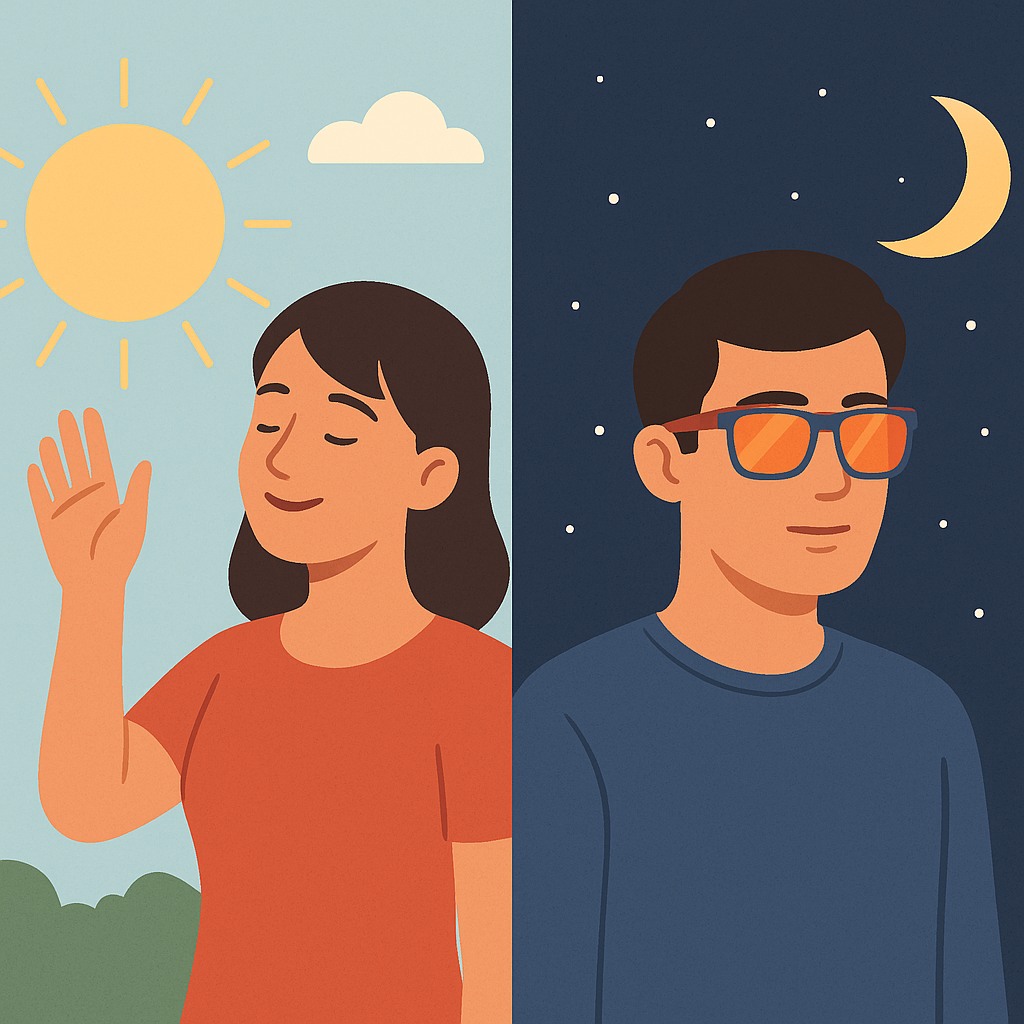The Science of Circadian Rhythm: How to Reset Your Body Clock for Optimal Sleep
Unlocking Your Internal Clock: The Key to Restorative Sleep
Have you ever wondered why you feel more alert at certain times of the day and naturally sleepy at others? This intricate dance is orchestrated by your circadian rhythm, an internal biological clock that governs nearly every physiological process, most notably your sleep-wake cycle. Understanding and optimizing this rhythm is fundamental to truly grasping how to sleep better and achieve consistent, restorative rest. In an age of artificial light and demanding schedules, our natural rhythms are often disrupted, leading to widespread sleep issues. This article will delve into the fascinating science behind your circadian rhythm, explore common disruptors, and provide actionable strategies to reset your body clock for optimal health and unparalleled sleep quality.

What is the Circadian Rhythm? The Master Clock Explained
At its core, the circadian rhythm is a roughly 24-hour internal clock that regulates cycles of alertness and sleepiness by responding to light and darkness in an organism's environment. This sophisticated biological timing system is present in almost all living things, from plants to humans. For humans, the master clock is a tiny region in the brain called the suprachiasmatic nucleus (SCN), located in the hypothalamus. The SCN receives direct input from the eyes, making light the most powerful external cue for setting and resetting our internal clock. Understanding this fundamental mechanism is key to learning how to sleep better.
The SCN orchestrates the release of various hormones and regulates body temperature, metabolism, and other physiological processes that fluctuate throughout the day. For instance, in response to darkness, the SCN signals the pineal gland to produce melatonin, the hormone that promotes sleepiness. Conversely, exposure to bright light, especially in the morning, suppresses melatonin production and signals the body to wake up. When this delicate balance is disrupted, it can lead to a myriad of health issues beyond just sleep problems, including metabolic dysfunction, mood disorders, and impaired cognitive function.
Why is a healthy circadian rhythm so important?
A well-regulated circadian rhythm is vital for overall health and well-being. It optimizes energy levels, hormone production, cognitive function, and even immune response. When your circadian rhythm is out of sync, you may experience fatigue, irritability, difficulty concentrating, and an increased risk of chronic diseases. Maintaining this rhythm is a cornerstone of learning how to sleep better and live a healthier life.
Common Disruptors of Your Circadian Rhythm
In our modern world, numerous factors can throw our circadian rhythm out of whack, making it challenging to figure out how to sleep better. Artificial light, especially from electronic devices, is a major culprit. Exposure to blue light in the evening suppresses melatonin production, signaling to your brain that it's still daytime. This can delay sleep onset and reduce sleep quality. Shift work, frequent travel across time zones (jet lag), and inconsistent sleep schedules are also significant disruptors, forcing your body to constantly adapt to unnatural patterns.
Beyond external cues, lifestyle choices play a crucial role. Irregular meal times can disrupt metabolic rhythms, which are also tied to the circadian clock. Excessive caffeine or alcohol consumption, particularly close to bedtime, can interfere with sleep architecture and the natural progression through sleep stages. Chronic stress, by elevating cortisol levels, can also override the body's natural signals for rest. Recognizing these disruptors is the first step towards regaining control over your sleep-wake cycle.

How does blue light affect my sleep?
Blue light, emitted by smartphones, tablets, computers, and LED lights, has a short wavelength that is particularly effective at suppressing melatonin production. When exposed to blue light in the evening, your brain receives signals that it's still daytime, delaying the onset of sleepiness and making it harder to fall asleep. This is why reducing screen time before bed is a critical step in learning how to sleep better.
Resetting Your Body Clock: Practical Strategies for Optimal Sleep
The good news is that your circadian rhythm is not set in stone; it can be reset and optimized. Implementing consistent daily habits is the most powerful way to teach your body how to sleep better by reinforcing its natural timing cues. The goal is to send clear, consistent signals to your SCN about when it's day and when it's night, allowing your body to naturally produce the right hormones at the right time.
One of the most effective strategies is consistent light exposure. Get bright, natural light exposure first thing in the morning, ideally within an hour of waking up. This signals to your brain that the day has begun and helps suppress melatonin production. Conversely, minimize exposure to artificial light in the evening, especially blue light from screens. Use warm, dim lighting, and consider blue-light blocking glasses if you must use devices before bed. Beyond light, regular meal times, consistent exercise (but not too close to bedtime), and a cool, dark, and quiet sleep environment all contribute to a robust circadian rhythm.

How can supplements aid in circadian rhythm regulation?
While lifestyle changes are paramount, certain supplements can provide targeted support in regulating your circadian rhythm. Melatonin, when taken at the right time (typically 30-60 minutes before bed), can help signal to your body that it's time to sleep, especially useful for jet lag or shift work. Magnesium can help relax the nervous system, indirectly supporting a healthy rhythm. L-theanine can promote a calm state, making it easier to wind down. These supplements are not a replacement for good habits but can be valuable tools in your journey to understand how to sleep better.
Frequently Asked Questions
Understanding the nuances between different sleep solutions is key to figuring out how to sleep better. Here are some common questions related to natural sleep aids and prescription medications.
- How long does it take to fix your sleep schedule?
It can take anywhere from a few days to a few weeks to reset your circadian rhythm. The key is consistency: go to bed and wake up at the same time every day, even on weekends, to reinforce the new cycle. - What are the best times for light exposure to regulate my circadian rhythm?
Aim for bright, natural light exposure within the first hour of waking up. In the evening, minimize exposure to artificial light, especially blue light from screens, at least 2-3 hours before bedtime. - Can jet lag permanently disrupt my circadian rhythm?
No, jet lag is a temporary disruption. Your body's circadian rhythm will eventually adjust to the new time zone, though it can take several days. Consistent light exposure and sleep schedules can help accelerate this adjustment. - Is it possible to have a naturally different circadian rhythm (e.g., a night owl)?
Yes, individual differences in circadian rhythm, known as chronotypes, are common. Some people are naturally morning larks, while others are night owls. Understanding your chronotype can help you optimize your sleep schedule, but consistent habits are still important for everyone.
Conclusion: Harmonizing with Your Internal Clock for Better Sleep
Your circadian rhythm is a powerful, innate system that profoundly influences your sleep and overall health. By understanding its mechanisms, identifying common disruptors, and implementing practical strategies for light exposure, lifestyle, and targeted supplementation, you can effectively reset your body clock. This harmonization with your internal rhythm is not just about learning how to sleep better; it's about unlocking a deeper level of well-being, energy, and cognitive function. Embrace the power of your natural cycles, and embark on a journey towards consistently restorative and revitalizing sleep.
